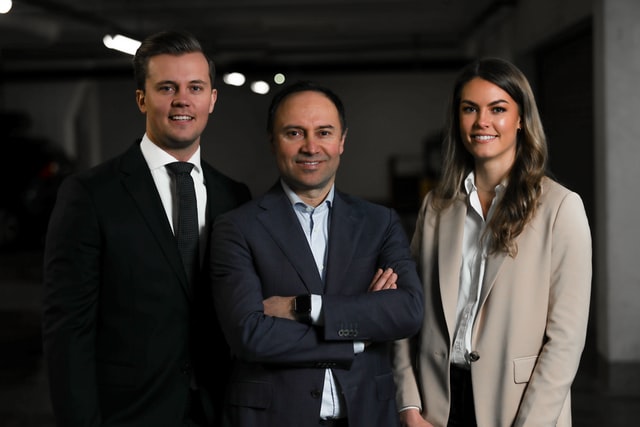Entrepreneurs age. As then move into their last few decades of life they, if smart, must find a way to face one of their most difficult challenges and tasks – Succession. Whether the successors come from within the family (which the patriarch usually most wants) or an outside “professional” it represents an enormous shift in the role of the founder and long-term success of the family and the business. This is not easy for numerous reasons including the fact that people are living longer in good health – many entrepreneurs’ minds are just fine at the age of 75 or older! No one likes the prospect of giving up something that they have spent a lifetime accruing. Most people do not give up power easily or lightly. Furthermore, most are pretty good at what they do – after all, they have spent a lifetime of honing their skills and many have actually built large organizations around their personal idiosyncrasies.
In Succession Planning there are only so many choices: sell the company to internal or external buyers, have the patriarch run it until he/she is no longer able or to bring in/cultivate a successor while founder is alive and well. Perhaps the most common Succession Plan is for this brilliant, quirky, individualistic person to “retire” from his post as CEO and become Chairman of the Board. How successful is this approach? Is this a difference in title only?
In my experience in working with many of these cases suggest its much more difficult for the entrepreneur then it appears. Why? Because the role of Chairman of the Board is substantially different than that of CEO. What makes for a great CEO in many ways is the opposite of what makes for a great Chairman of the Board.
A great CEO, in a variety of leadership styles steers the ship. They are the ones who have overall responsibility for executing the Strategic Plan. The CEO may be an inspirational figure (though it is not required – See Jim Collins’ classic work) or not. What he does, at the end of the day is to make sure the organization does what it needs to do in order to satisfy shareholders. This usually is witnessed by reasonable profit and returns, growth in the marketplace, assurance of quality, development of new products and markets. Depending in the size of the organization – they are masters at the “Hands-On” approach to fulfilling the organization’s mission and vision. They need to be and usually excel at even the smallest details of creating organizational success.
The Chairman of the Board is supposed to step back from daily responsibilities. Their focus should be on the “Big Picture”, stepping back from the forest of daily pressure – like the admiral of the navy on shore. They are not to be steering the ship and worrying about the functioning of each valve and piston. Quite the contrary, they need to hold the big view and make sure the overall direction of the company is correct. Their responsibilities should include developing a great board – encouraging open dissent and dialogue. They should be in the business of empowering (and perhaps mentoring) the new CEO into doing an excellent job recognizing that the style, strengths and weaknesses of their replacement will most likely be quite different then their own.
Countless studies show that as organizations mature, an effective board becomes critical to its success. But effective boards are hard to come by. The Chairman of the Board actually needs a whole new set of skills besides entrepreneurial leadership – they need to become team leaders (of the board), mentors to the next generation, seers of the future and to determine what may be the best place/position of the company in the future. One of their highest functions is to truly empower the next generation. It’s not easy to take a lifetime of success in one leadership style and then change. But there is no higher calling – by facing the personal changes one needs to make in one’s later years – not only serves the organization and family well, it creates a new kind of hero which will sustain and inspire the next generation for top performance and individual and family well-being.
Marc@sii-inc.net

